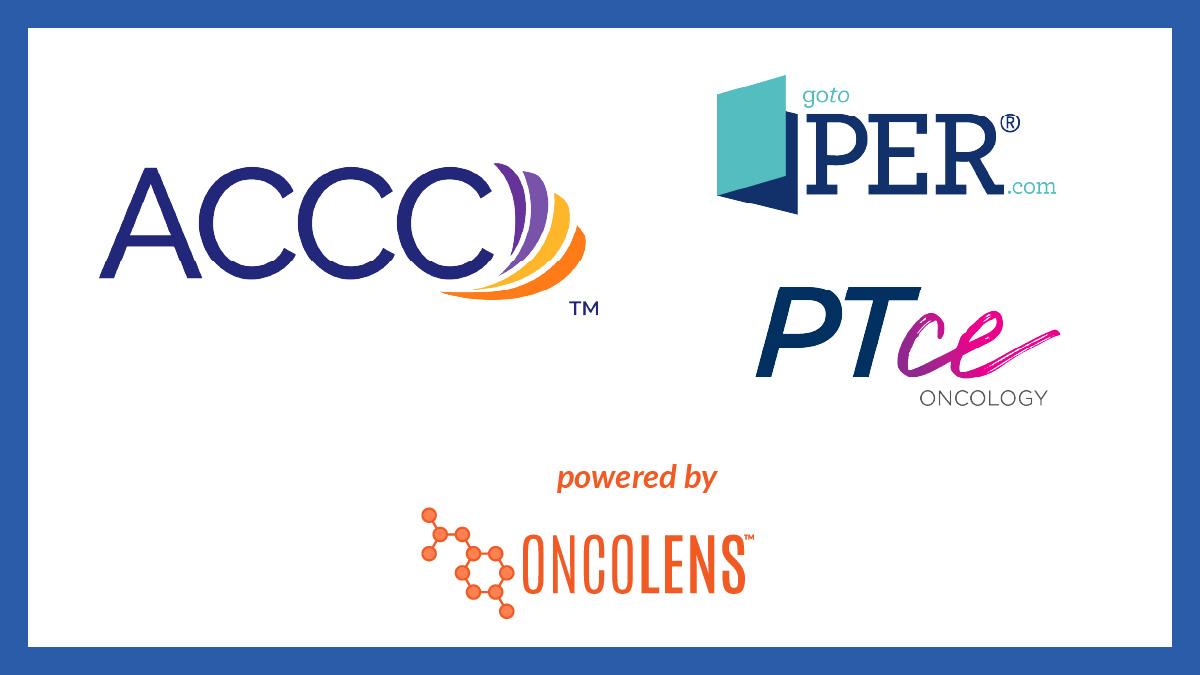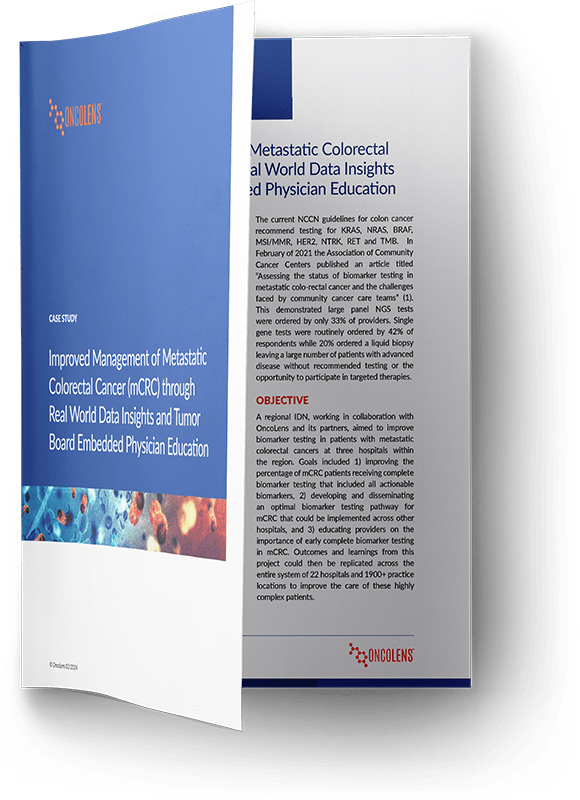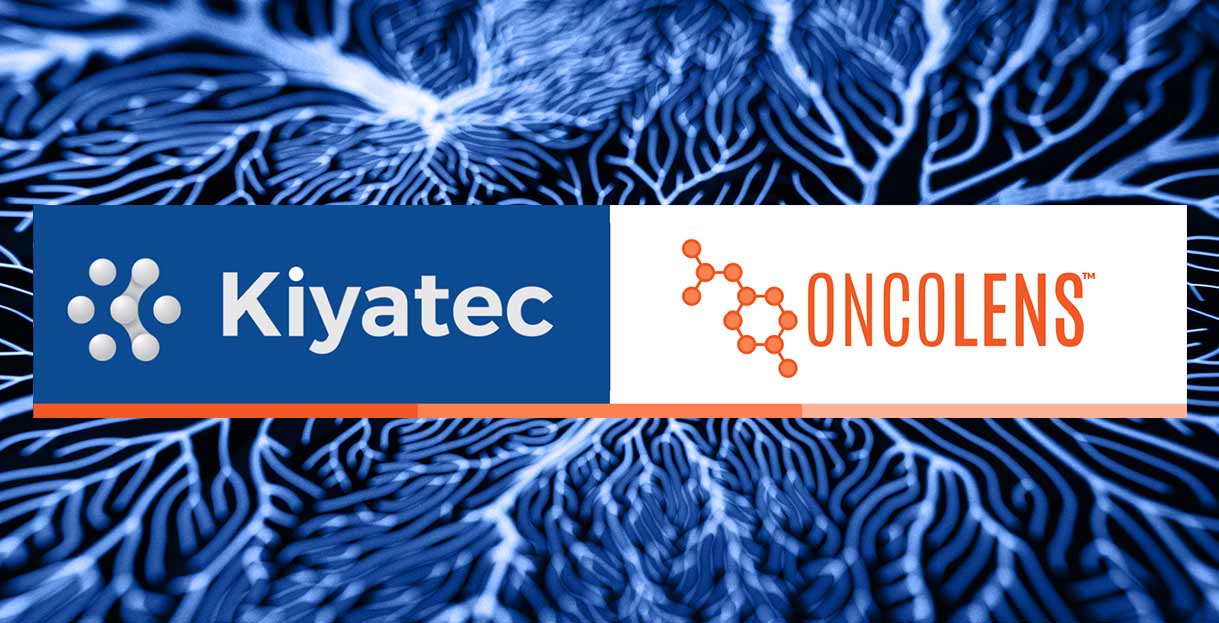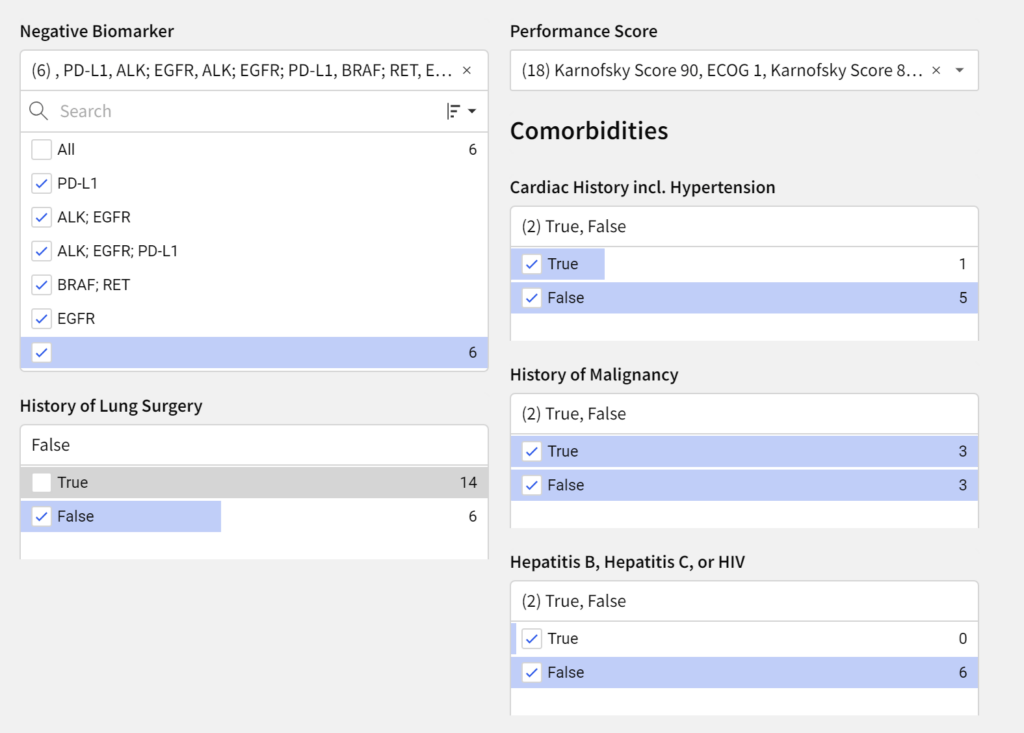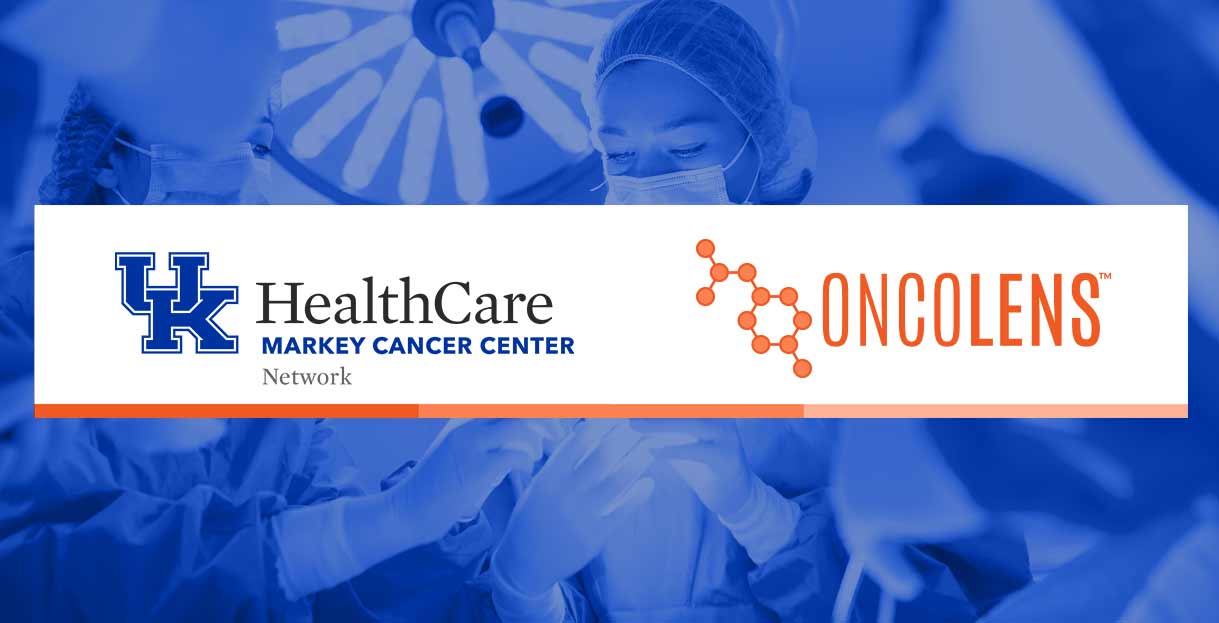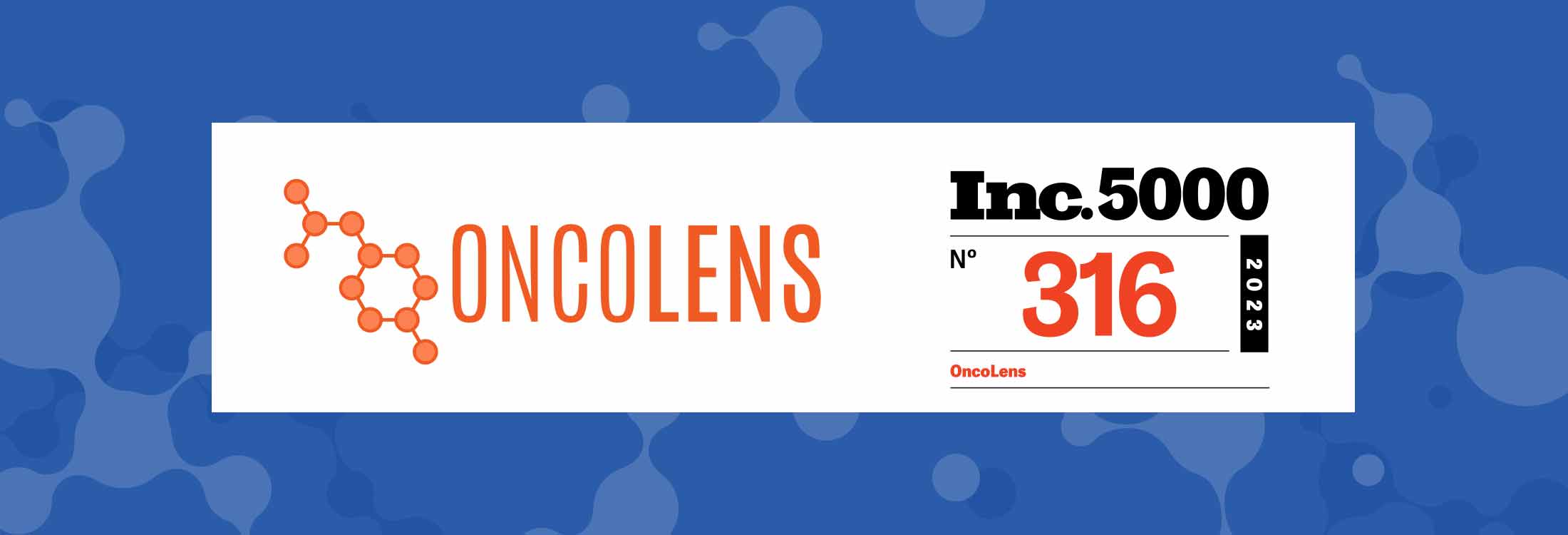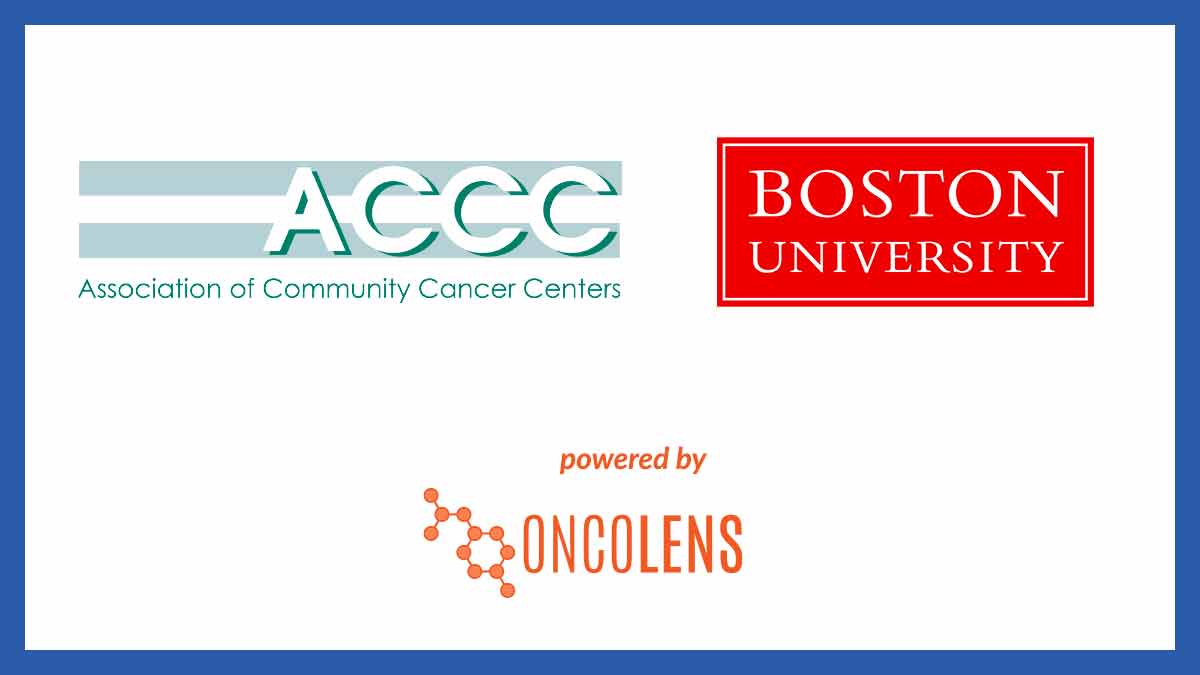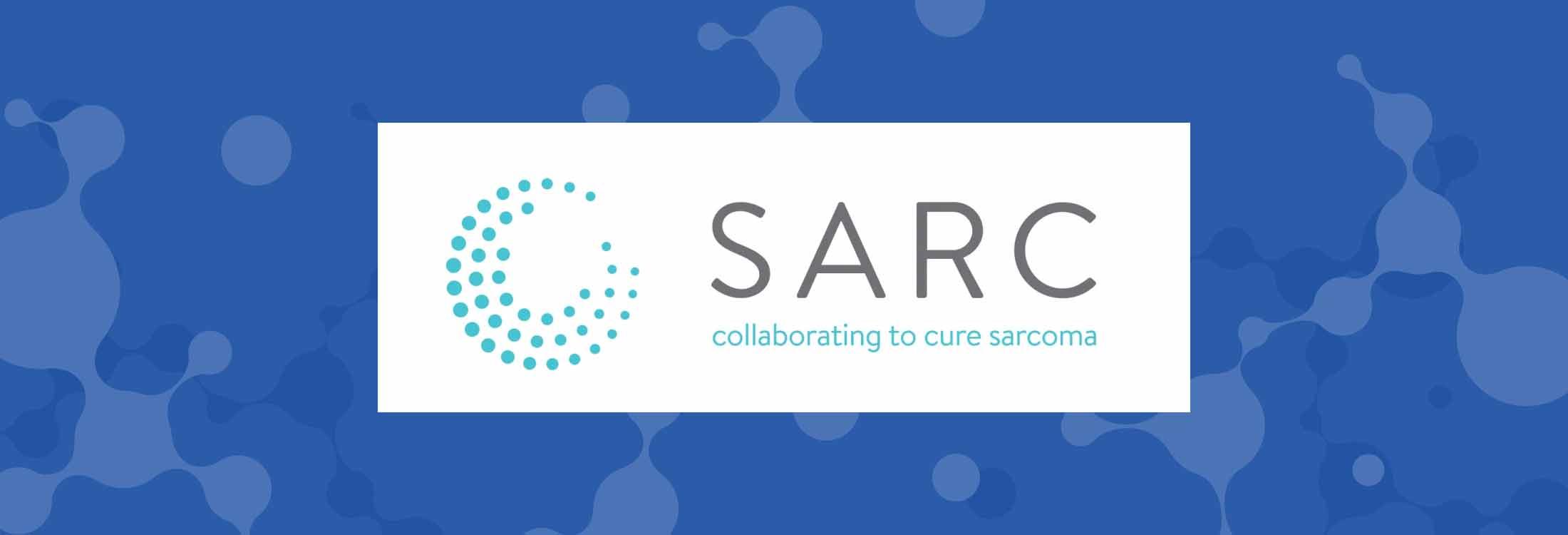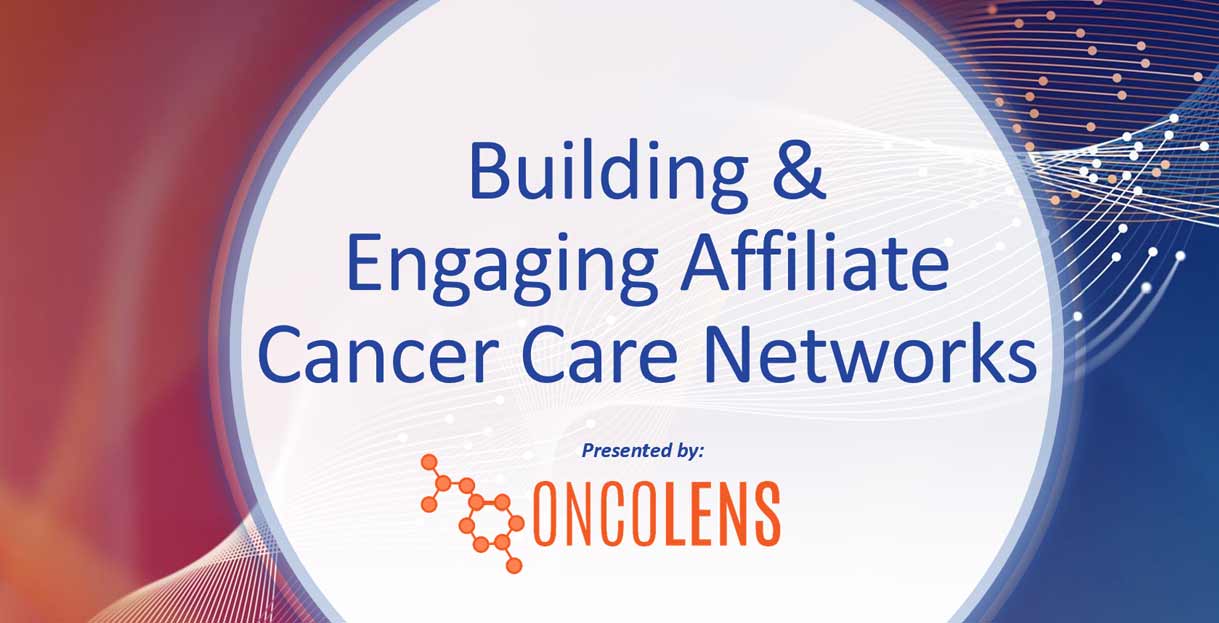Project ECHO® Learning Series: Evolving Role of Bispecific Antibodies as Cancer Therapy
Course Description
Bispecific antibodies, an emerging class of novel immunotherapy agents, have great therapeutic potential; however, they also present barriers to care including unique and serious treatment-related toxicities that can preclude their widespread use in the community practice setting. To provide optimal care to patients being treated with bispecific antibodies, clinicians must understand the unique pharmacology and potential clinical and operational challenges of these agents. Successful administration of bispecific antibodies requires competence and effective collaboration among multidisciplinary providers on the cancer care team.
Beginning in 2020, the Association of Cancer Care Centers (ACCC) initiated research and education focused on the utilization of bispecific antibodies in the community oncology setting. Findings from an ACCC survey illuminated several barriers to using bispecific antibodies; among these, 59% of survey respondents indicated that they had experienced barriers when caring for patients treated with bispecific antibodies. Common challenges cited include transitioning patients from an inpatient to an outpatient setting, managing patients in remote areas, securing insurance coverage, managing side effects, assisting patients with treatment costs, and lacking in-house expertise with the drug class.
To address this growing need, the Association of Cancer Care Centers (ACCC) has launched Project ECHO®️: Evolving Role of Bispecific Antibodies as Cancer Therapy. This initiative fosters opportunities for community oncology programs to participate in tele-mentoring with a virtual team of expert faculty using the Project ECHO®️ model.
Target Audience
Oncologists, oncology advanced practice providers (nurse practitioners, physician assistants), oncology pharmacists, oncology nurses, and other healthcare professionals involved in treating patients with bispecific antibodies as cancer therapy.
Learning Objectives
At the end of this educational activity, participants will be able to:
- Address barriers to the awareness, preparedness, adoption, and use of BsAbs for the treatment of cancer
- Improve coordination and communication between community hospitals and academic centers to optimize outcomes and ensure safety for patients being treated with BsAbs
- Review strategies for providing equitable care for underserved patients receiving cancer immunotherapies
Accreditation/Designation of Credit
This activity has been planned and implemented in accordance with the accreditation requirements and policies of the Accreditation Council for Continuing Medical Education (ACCME) through the joint providership of Physicians’ Education Resource®, LLC and the Association of Community Cancer Centers (ACCC). Physicians’ Education Resource®, LLC is accredited by the ACCME to provide continuing medical education for physicians. Pharmacy Times Continuing Education™ is accredited by the Accreditation Council for Pharmacy Education (ACPE) as a provider of continuing pharmacy education. These live activities are each approved for 1.0 contact hours (0.10 CEU).
Physicians’ Education Resource®, LLC designates each live activity for a maximum of 1.0 AMA PRA Category 1 Credits™. Physicians should claim only the credit commensurate with the extent of their participation in the activity.
Physicians’ Education Resource®, LLC is approved by the California Board of Registered Nursing, Provider #16669, for 1.0 Contact Hours per session.
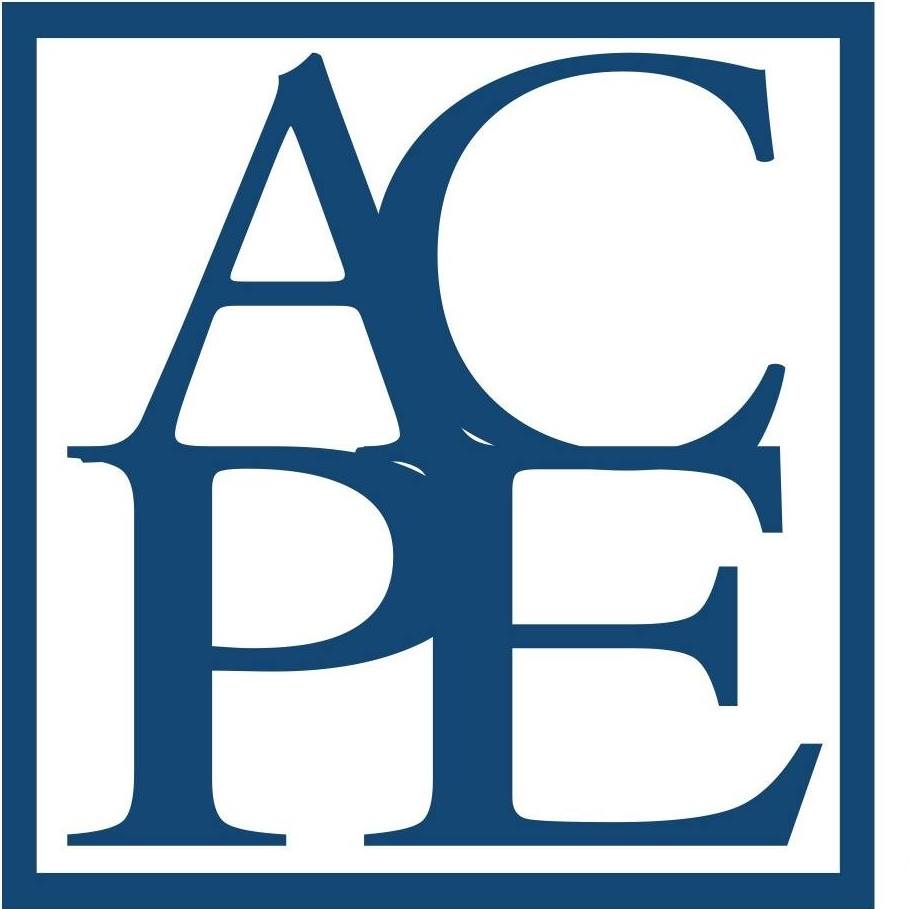
PTCE designates these knowledge-based activities for a maximum of 1.0 hours each. Credit will be provided to NABP CPE Monitor within 60 days after activity completion.
Steering Committee
Firas El Chaer, MD
Assistant Professor of Medicine, Department of Hematology and Oncology
University of Virginia
Charlottesville, VA
Amelia Hodson, AG-ACNP
Nurse Practitioner
University of Virginia
Charlottesville, VA
Murali Janakiram, MD, MS
Associate Professor of Medicine, Department of Hematology & Hematopoietic Cell Transplantation
City of Hope National Medical Center
Duarte, CA
Acknowledgment of Educational Grant Support
This activity is supported by an educational grant from Genentech.
